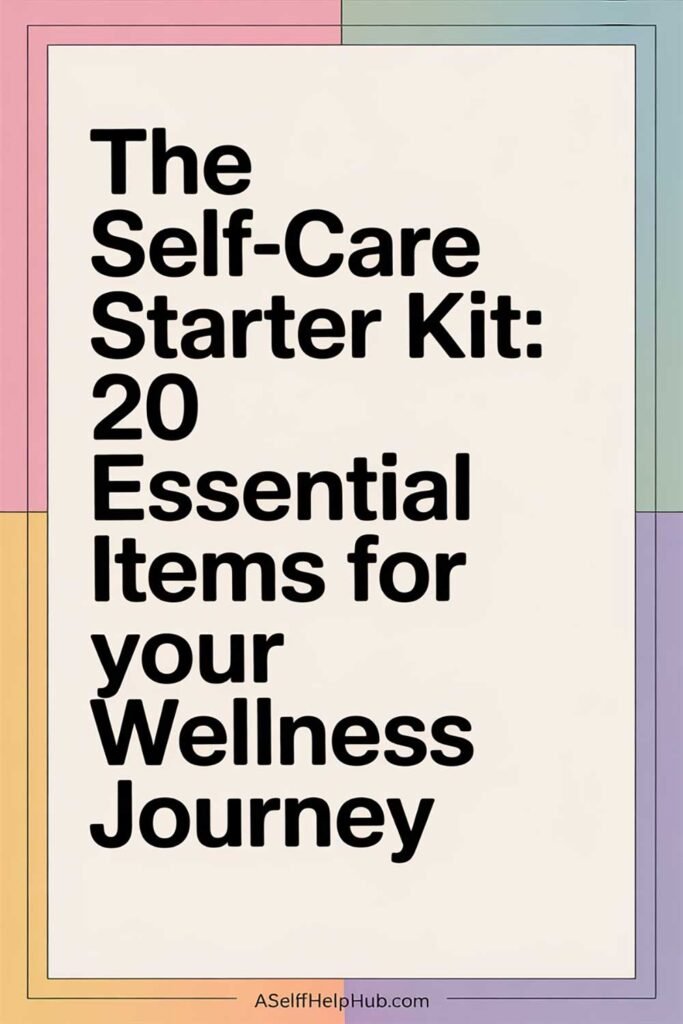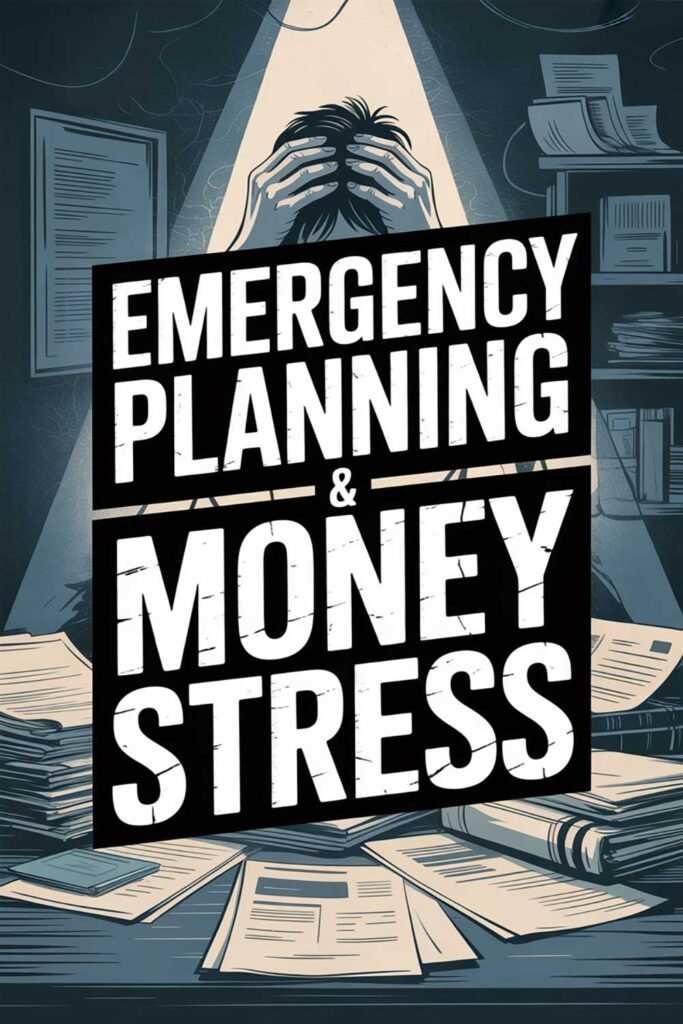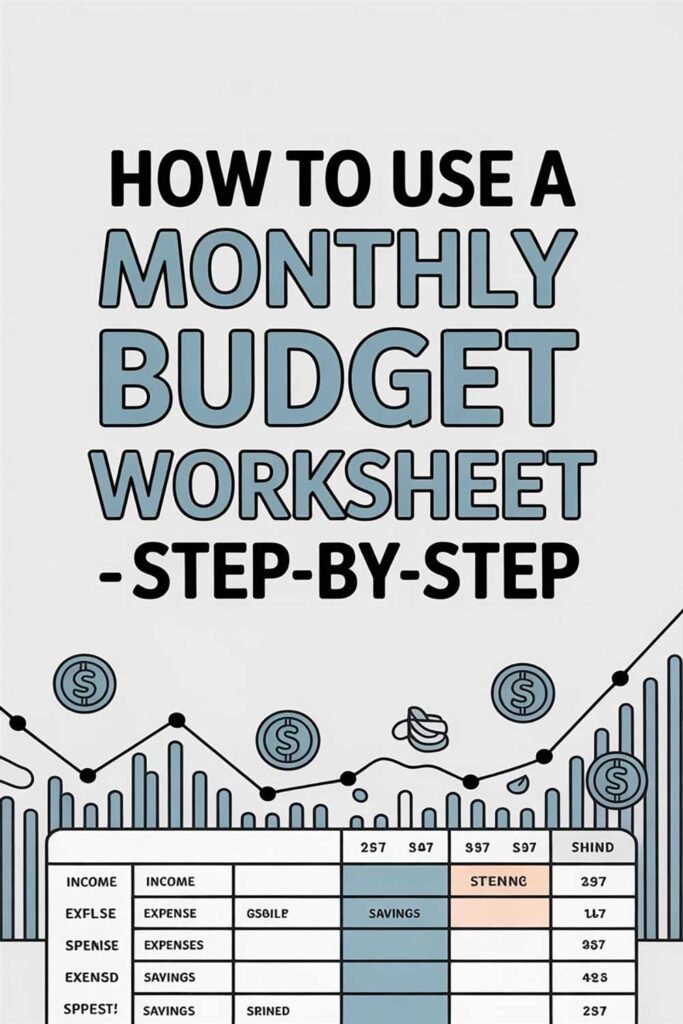14 Nutrient-Packed Foods That Can Improve Your Mood
Our mental well-being is closely tied to what we put on our plate. In fact, certain nutrient-rich foods have been shown to naturally boost mood, reduce stress, and promote overall emotional health. If you’re looking for natural, sustainable ways to feel happier and more balanced, your grocery list may be the best place to start.

From omega-3-rich fish to dark leafy greens and antioxidant-packed berries, these 14 mood-enhancing foods are backed by science and praised by real people who’ve experienced their uplifting effects firsthand.
Let’s explore each one — and how to incorporate them into your daily meals for a happier, healthier mind.
1. Salmon
Salmon is rich in omega-3 fatty acids, particularly EPA and DHA, which support brain health and are linked to lower rates of depression. Omega-3s are essential for healthy neurotransmitter function and reducing brain inflammation.
Real-Life Example:
A college student named Jenna began adding grilled salmon to her weekly meals during a stressful semester. She reported less anxiety and found it easier to focus during exams.
How to Eat It:
Try it baked, grilled, or even in a salad with a drizzle of lemon and olive oil.
2. Blueberries
Packed with antioxidants like flavonoids, blueberries combat oxidative stress in the brain and are known to reduce symptoms of anxiety and depression.
Real-Life Example:
Mark, a father of three, began having blueberry smoothies for breakfast. Within weeks, he noticed he was handling morning chaos with more patience and clarity.
How to Eat It:
Toss them in oatmeal, smoothies, or eat them as a snack.
3. Dark Chocolate
Dark chocolate (70% cocoa or more) contains compounds like theobromine and phenylethylamine, which can enhance mood by increasing serotonin and endorphin levels.
Real-Life Example:
Samantha, a busy nurse, swears by a square of dark chocolate in the afternoon as her natural “happy pill.”
How to Eat It:
A small square after lunch or melted into a warm drink is all it takes.
4. Spinach
Spinach is a leafy green powerhouse filled with magnesium — a nutrient that plays a role in serotonin production and is often deficient in those with depression.
Real-Life Example:
Daniel started adding spinach to his morning omelets and noticed his midday crashes and irritability began to fade.
How to Eat It:
Raw in salads, sautéed with garlic, or blended into green smoothies.
5. Bananas
Bananas are rich in vitamin B6, which helps in the production of serotonin and dopamine — key mood-regulating neurotransmitters.
Real-Life Example:
Emily, recovering from burnout, started eating a banana every morning and found it gave her a steady mood boost without caffeine.
How to Eat It:
On its own, with peanut butter, or sliced into cereal or yogurt.
6. Avocados
Avocados are loaded with healthy fats, B vitamins, and folate — all essential for nervous system function and reducing stress levels.
Real-Life Example:
John, a freelance writer, noticed a huge mood improvement after switching his typical lunch to avocado toast with eggs.
How to Eat It:
Spread on whole grain toast, blended in smoothies, or added to salads.
7. Greek Yogurt
Greek yogurt contains probiotics, which support gut health — now known as a crucial factor in mental health due to the gut-brain connection.
Real-Life Example:
Linda battled anxiety for years. When she started including Greek yogurt in her breakfast, her digestion improved, and so did her emotional stability.
How to Eat It:
With berries and granola, or as a base for dips and dressings.
8. Eggs
Eggs are rich in choline and B vitamins that play a vital role in neurotransmitter function and reducing inflammation in the brain.
Real-Life Example:
Chris used to skip breakfast, leaving him irritable by noon. After adding two boiled eggs to his routine, he reported feeling more grounded and less reactive.
How to Eat It:
Scrambled, poached, hard-boiled, or in omelets.
9. Walnuts
Walnuts are a top plant-based source of omega-3 fatty acids and antioxidants, both of which support brain health and emotional balance.
Real-Life Example:
Karen, navigating menopause mood swings, added a handful of walnuts to her diet and said it “helped smooth out the emotional rollercoaster.”
How to Eat It:
On their own, in trail mix, or crushed over salads or oatmeal.
10. Lentils
Lentils are high in folate, iron, and protein, helping to stabilize mood and energy. Folate deficiency has been linked to depression.
Real-Life Example:
Carlos added lentil soup to his weekly meal prep and found he felt less fatigued and more emotionally balanced.
How to Eat It:
In soups, stews, or as a base for plant-based burgers.
11. Oranges
Rich in vitamin C, oranges can help reduce cortisol (the stress hormone) and boost overall immunity and mood.
Real-Life Example:
Rachel made a habit of eating an orange during her work breaks. She said the smell and flavor alone helped reset her mentally.
How to Eat It:
Peeled and sliced, or juiced fresh for breakfast.
12. Pumpkin Seeds
These tiny seeds are rich in magnesium, iron, zinc, and tryptophan — all nutrients that contribute to better mood and sleep.
Real-Life Example:
David added pumpkin seeds to his trail mix and noticed he slept more soundly and woke up less anxious.
How to Eat It:
Sprinkle over yogurt, salads, or eat roasted as a snack.
13. Turmeric
Curcumin, the active compound in turmeric, has potent anti-inflammatory properties and has been shown to improve symptoms of depression.
Real-Life Example:
After adding golden milk (a turmeric-based drink) to her evening routine, Priya found her mood lifted and her sleep improved.
How to Eat It:
In curry dishes, teas, or turmeric lattes.
14. Green Tea
Green tea contains L-theanine, an amino acid that promotes calmness without sedation. Combined with a small amount of caffeine, it enhances alertness and mood.
Real-Life Example:
Tim replaced his afternoon coffee with green tea and found he felt calm and focused instead of jittery and moody.
How to Eat It:
Brewed fresh, either hot or iced, with a bit of honey or lemon.
🌿 20 Quotes About Food and Mood
- “Let food be thy medicine and medicine be thy food.” – Hippocrates
- “Your diet is a bank account. Good food choices are good investments.” – Bethenny Frankel
- “You are what you eat, so don’t be fast, cheap, easy, or fake.” – Unknown
- “Healthy food is the most potent mood stabilizer.” – Dr. Mark Hyman
- “Food can be the most powerful form of medicine or the slowest form of poison.” – Ann Wigmore
- “When diet is wrong, medicine is of no use. When diet is correct, medicine is of no need.” – Ayurvedic Proverb
- “Happiness is homemade… and often found in the kitchen.” – Unknown
- “To eat is a necessity, but to eat intelligently is an art.” – François de La Rochefoucauld
- “Good food = good mood.” – Unknown
- “Every time you eat is an opportunity to nourish your body.” – Unknown
- “The food you eat can be either the safest and most powerful form of medicine or the slowest form of poison.” – Ann Wigmore
- “Mood follows food.” – Shawn Stevenson
- “A healthy outside starts from the inside.” – Robert Urich
- “What you eat literally becomes you. You have a choice in what you’re made of.” – Unknown
- “Don’t dig your grave with your own knife and fork.” – English Proverb
- “The mind and body are not separate. What affects one, affects the other.” – Unknown
- “Food is not just fuel. It’s information. It talks to your DNA and tells it what to do.” – Dr. Mark Hyman
- “Eating well is a form of self-respect.” – Unknown
- “Your gut is your second brain.” – Dr. Emeran Mayer
- “Mood is biochemical. Nutrition matters.” – Julia Ross
💭 Picture This
Imagine waking up and feeling genuinely optimistic about the day ahead. You sit down for a breakfast of avocado toast, eggs, and a warm mug of green tea. Your body feels energized. Your mind feels sharp. There’s a lightness in your chest — not anxiety, but calm. Your meals throughout the day — filled with greens, berries, and hearty lentils — not only satisfy your hunger, but lift your spirits. You’re not just eating to survive — you’re eating to thrive.
You begin noticing the shift: fewer mood swings, deeper sleep, and a newfound resilience to stress. That’s the power of food when used as your emotional ally.
What’s stopping you from eating your way to a better mood today?
📬 Share This Article
If you found this article helpful, please share it with someone who could use a mood lift through nutrition. Whether it’s a friend, family member, or social media follower — you might just change someone’s day (or life) with this knowledge.
⚠️ Disclaimer
This article is based on personal experiences and publicly available nutritional research. It is not intended as medical advice. Individual results may vary. Always consult your physician or a licensed health professional before making significant dietary or health changes.






